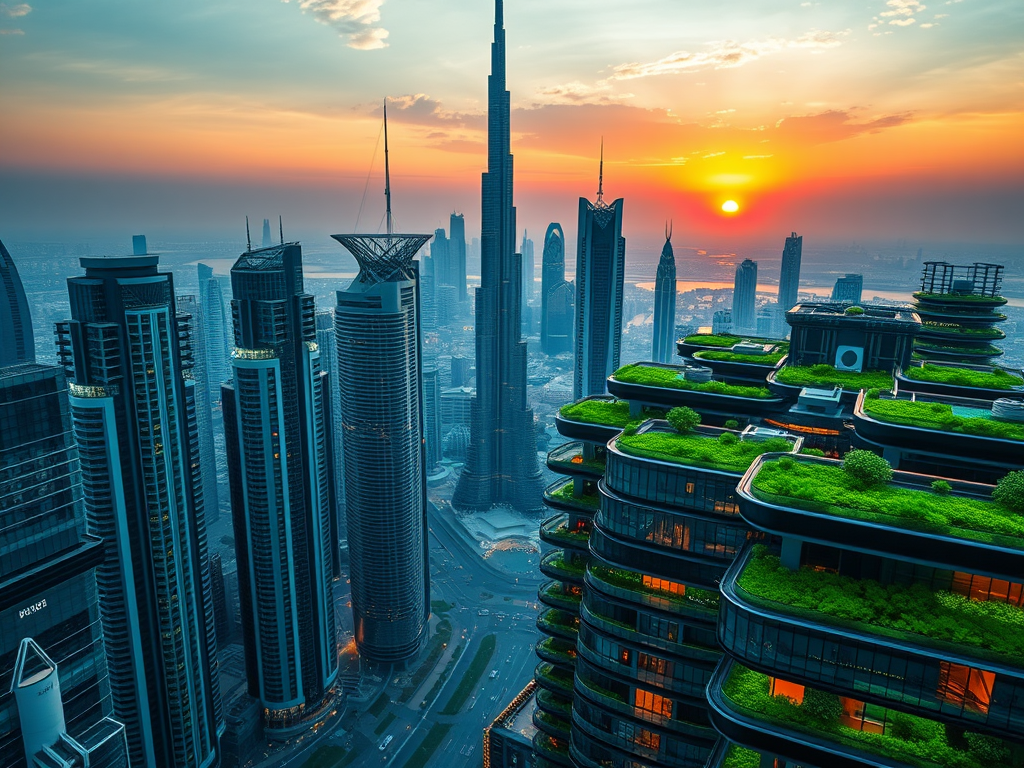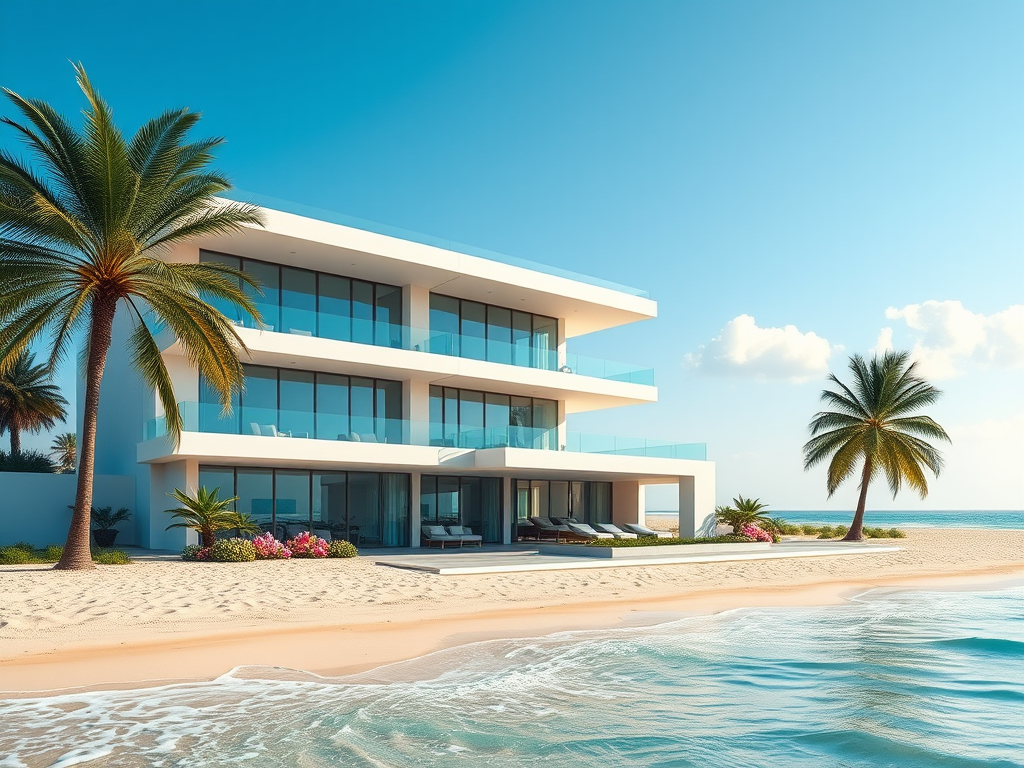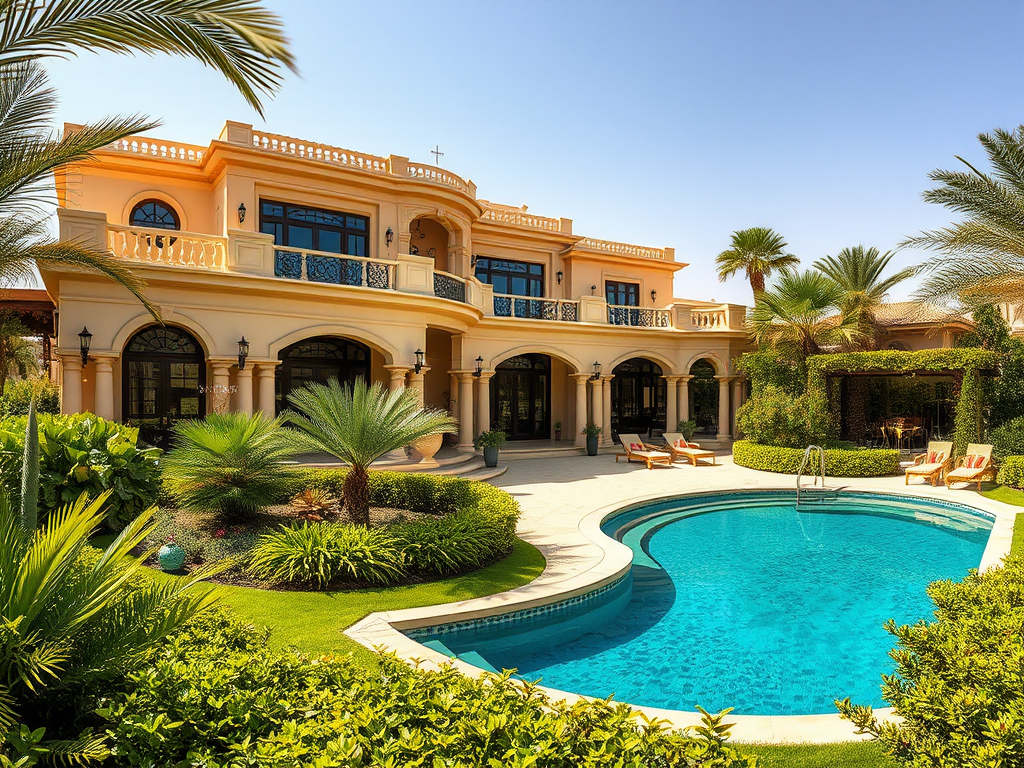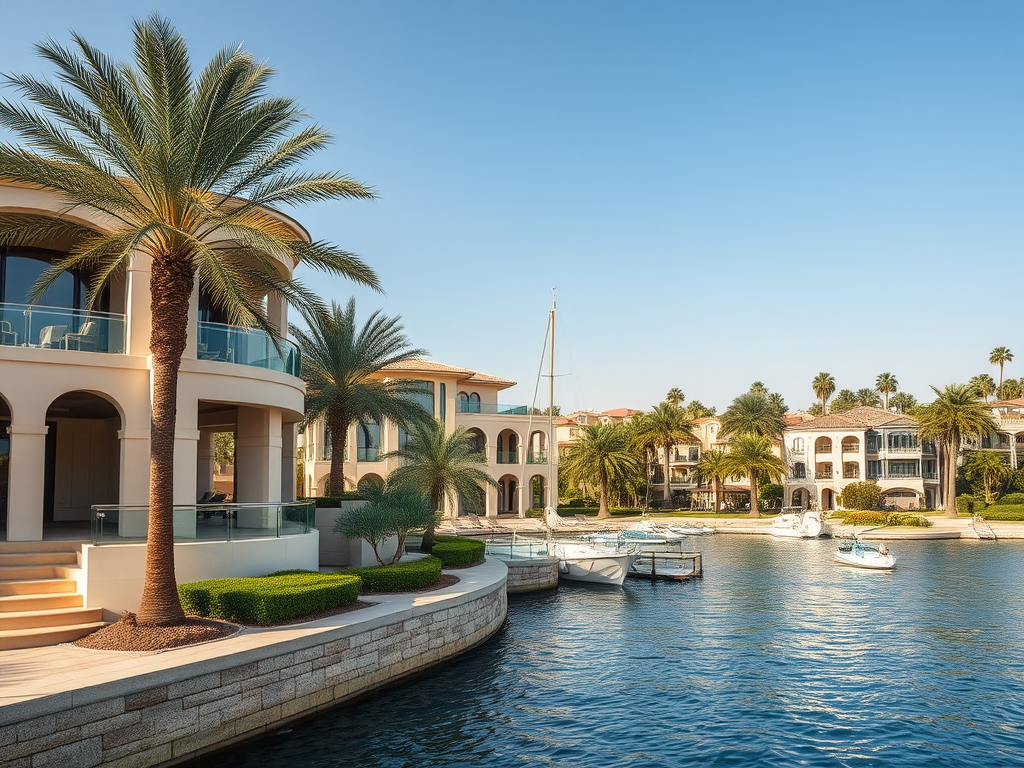Dubai has emerged as a global leader in smart city initiatives, which have significantly transformed its property market. These initiatives not only enhance the quality of urban life but also drive economic growth and increase investor confidence. By integrating advanced technologies, sustainable practices, and innovative urban planning, Dubai is redefining how cities operate and how properties are valued. With a focus on connectivity, sustainability, and efficiency, the impact of such initiatives is profound, offering a glimpse into the future of living spaces in the city. Understanding this relationship is crucial for investors, homeowners, and urban planners alike as the market continues to evolve.
The Evolution of Dubai’s Property Market
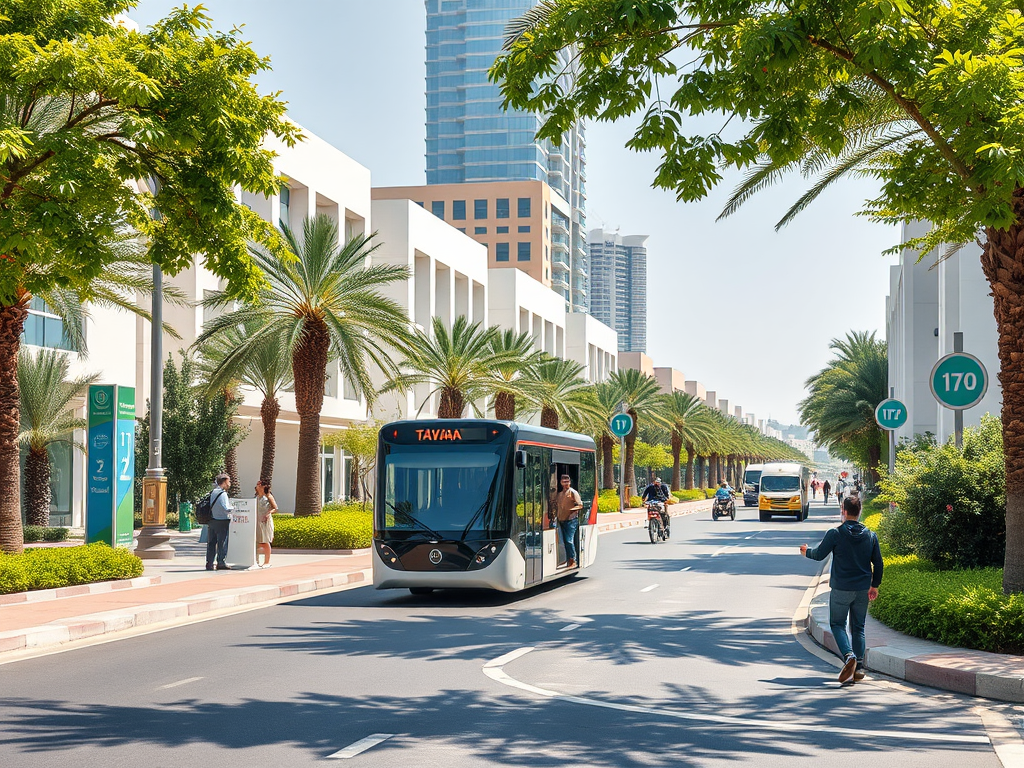
Dubai’s property market has undergone significant changes over the past few decades, largely influenced by economic diversification and rapid urbanization. The introduction of smart city initiatives has accelerated this evolution. The property market in Dubai is characterized by an array of luxurious residences, commercial spaces, and innovative projects that cater to a global audience. Some key factors that have shaped the property landscape include:
- Regulatory reforms aimed at attracting foreign investment
- Infrastructure development enhancing accessibility
- Technological advancements in property management and transaction
- Sustainable practices pushing green building initiatives
- Smart technologies improving living conditions and experiences
This evolving landscape is not just about the physical structures; it encompasses the overall living experience, connectivity, and sustainability that smart city initiatives promote.
Key Smart City Initiatives in Dubai
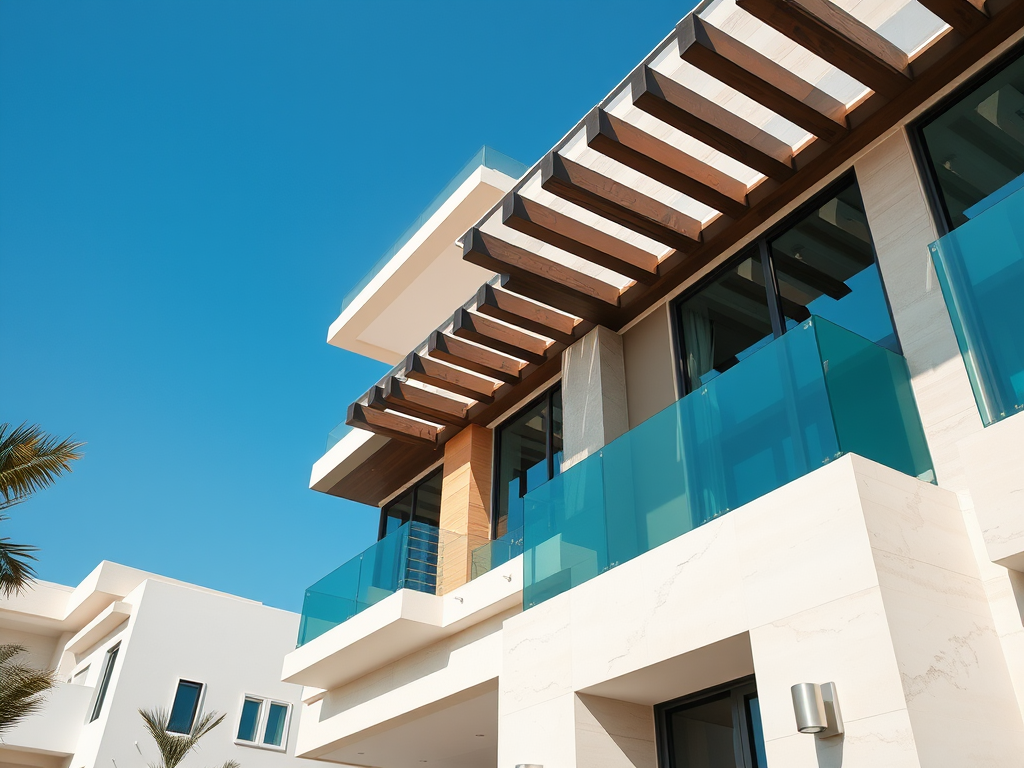
Dubai has rolled out a variety of smart city initiatives with significant implications for the property market. Among these, several stand out due to their direct impact and scalability:
- Dubai’s Smart City Strategy: Launched to enhance the quality of life through technology integration, focusing on smart infrastructure and services.
- Smart Mobility Initiatives: Including autonomous vehicles and enhanced public transportation systems to improve accessibility and reduce congestion.
- Digital Connectivity: Investing in high-speed internet and smart grids to support the digital economy and make Dubai a business hub.
- Sustainable Development Goals: Aligning urban projects with environmental sustainability, aiming for green building certifications and reduced carbon footprints.
- Data-Driven Urban Management: Utilizing data analytics to optimize city services and improve urban planning effectively.
These initiatives foster a forward-thinking atmosphere that significantly influences property values, attracting both local and international buyers.
The smart city initiatives have positively influenced property values in Dubai. Properties situated within smart hubs or those benefiting from improved infrastructure have seen a rise in demand. The main effects on property values and demand include:
- Increased Attractiveness: Homes within smart zones are rated higher due to enhanced living standards.
- Higher Rental Yields: Demand for smart buildings leads to increased rental rates, benefiting investors.
- Capital Appreciation: Smart city features contribute to long-term value growth.
- Global Interest: Enhanced livability attracts more expatriates and investors, boosting the market.
- Enhanced Quality of Life: Integrated urban services lead to a more enjoyable living experience, making certain areas highly sought after.
As a result, the alignment of property offerings with smart city principles has become paramount for developers and investors aiming to capitalize on these trends.
Challenges Faced by the Real Estate Sector
Despite the positive influence of smart city initiatives, the Dubai property market faces several challenges. Some of these hurdles must be carefully navigated to ensure sustained growth and investment viability:
- High Initial Costs: Developing smart infrastructure often requires significant investment, which can be a barrier for some developers.
- Technological Adaptation: Not all stakeholders are quick to embrace new technologies, leading to gaps in implementation.
- Market Saturation: With numerous projects underway, there’s a risk of oversupply in certain segments.
- Regulatory Compliance: Navigating evolving regulations can be complex for developers.
- Public Awareness: There’s a need for increased public familiarity with smart technologies to drive demand.
Addressing these challenges is crucial for maximizing the benefits of smart city initiatives and ensuring a vibrant property market.
Conclusion
The integration of smart city initiatives in Dubai is not merely a trend but a foundational shift in how urban spaces are conceived, built, and experienced. The resulting impact on the property market is marked by increased values, higher demand, and enhanced investor confidence. As Dubai continues to lead in this innovative space, the real estate sector must stay adaptive and responsive to both challenges and opportunities that arise from this dynamic environment. With a clear vision for a smart, sustainable future, stakeholders can leverage these initiatives to enhance their strategies and contribute to the city’s long-term growth.
Frequently Asked Questions
1. What are smart city initiatives?
Smart city initiatives involve using technology and data-driven solutions to manage urban services efficiently and improve the quality of urban life.
2. How do smart city initiatives affect property values?
Such initiatives often increase property values due to higher demand for residences in areas with enhanced services, connectivity, and quality of life.
3. What challenges does the Dubai property market face?
Challenges include high initial costs for development, technological adaptation, market saturation, regulatory compliance, and awareness of smart technologies.
4. How does sustainability factor into smart city initiatives?
Sustainability is a key component, as smart city initiatives often prioritize green building practices and environmentally friendly technologies to reduce carbon footprints.
5. Why is Dubai considered a leader in smart city development?
Dubai is recognized for its ambitious projects, significant investments in technology, and comprehensive strategies aimed at enhancing urban living through innovation.
